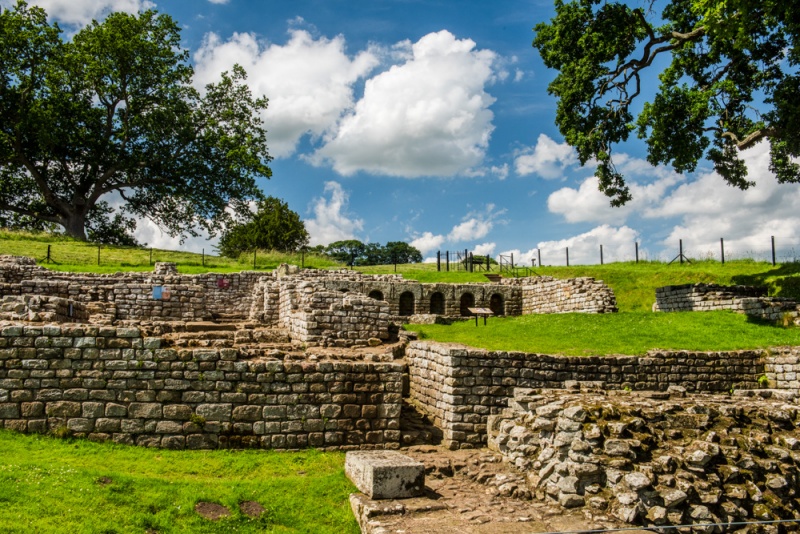
Chesters Roman Fort History, Travel, and information
Chesters Roman Fort . Chesters Roman Fort is the best-preserved Roman cavalry fort in Britain. You can see what life would have been like 2,000 years ago at one of the Empire's northern outposts. Wander round the officers' quarters and explore the well-preserved baths and steam room.

Chesters Roman Fort Photo copyright English Heritage Hadrians wall, Roman britain, English
Chesters Roman Fort is open every day over the summer, weekends in the winter and Wed - Sun in spring. Please check the English Heritage website for full opening times. From To; Saturday 01/04/2023 Thursday 28/03/2024 Picnic area. Restaurant / Cafe on site. Car parking available. Cycle friendly.
GollyGeeGosh Chester's Roman Fort Site
Chesters Roman Fort - Chesters Roman Fort is one of the most impressive visitor attractions on Hadrian's Wall and the best preserved Roman cavalary fort in Britain. Built almost 2000 years ago it housed a Roman army garrison who were guarding the nearby bridge across the River Tyne. You can imagine what life would have been like at the Roman Empire's northern outpost as you wander the.
GollyGeeGosh Chester's Roman Fort Site
Chesters Roman Fort is the most complete Roman cavalry fort in Britain - one of a series of permanent forts built during the construction of Hadrian's Wall.The cavalry fort, known to the Romans as Cilurnum, was built in about AD 124. It housed some 500 cavalrymen and was occupied until the Romans left Britain in the 5th century.
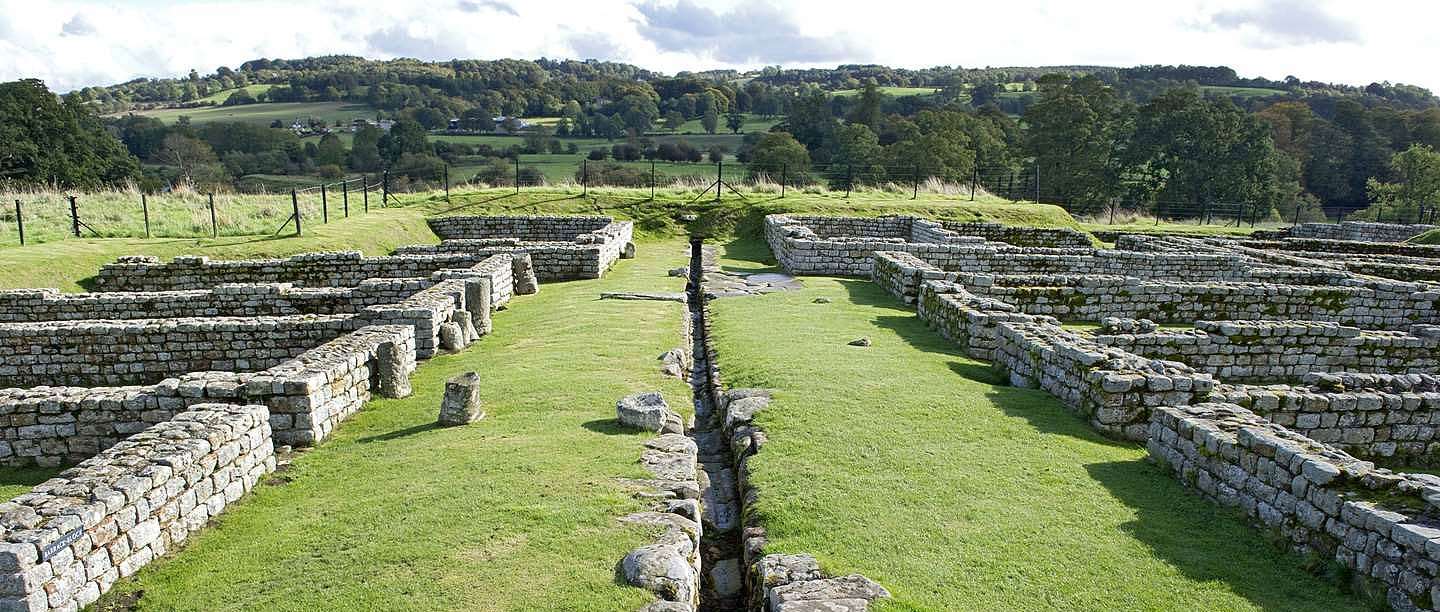
History of Chesters Roman Fort English Heritage
The Roman military presence at Chester probably began with a fort or marching camp at the mouth of the Deva Fluvius (River Dee) very likely established during the early campaigns of governor Publius Ostorius Scapula against the Deceangi in north-east Wales sometime around 47/48AD. There is some evidence of pre-Flavian occupation, possibly even a timber-built […]
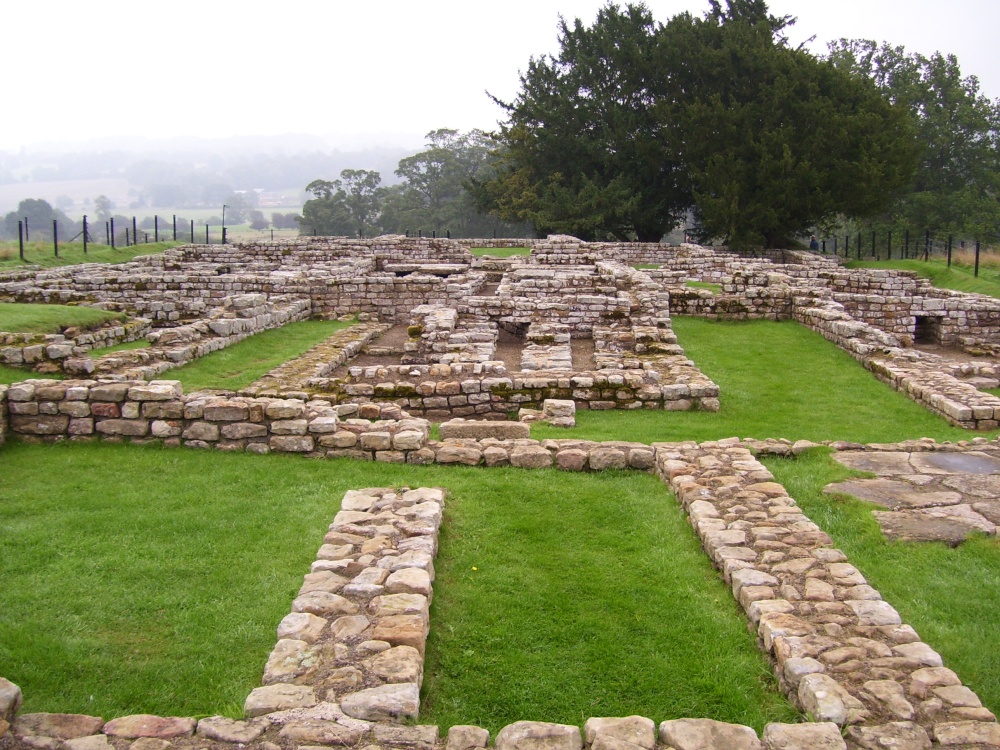
"Chester's Roman Fort, Chollerford, Northumberland" by Lauren Daniells at
Chesters Roman Fort is the most complete Roman cavalry fort in Britain. The fort was strategically located on the northern bank of the River Tyne, allowing the Romans to control and monitor movement across the river. It housed a garrison of around 500 Roman soldiers who were primarily responsible for maintaining peace and security in the region.

Chester Roman Fort and Museum Nomads Travel Guide
Description of Chesters Roman Fort. Remains survive from various periods in the 300-year life of the fort, but all the gates, the external baths and much of the headquarters date from the reign of Hadrian. Most of the fort's buildings are still buried, and with a few dramatic exceptions only the lowest parts of the walls have survived stone.

Chesters Roman Fort and Museum Hadrian's Wall English Heritage Hadrians wall, Roman
Book a Hotel near Chesters Roman Fort Cilurnum. Choose From a Wide Range of Properties Which Booking.com Offers. Search Now!
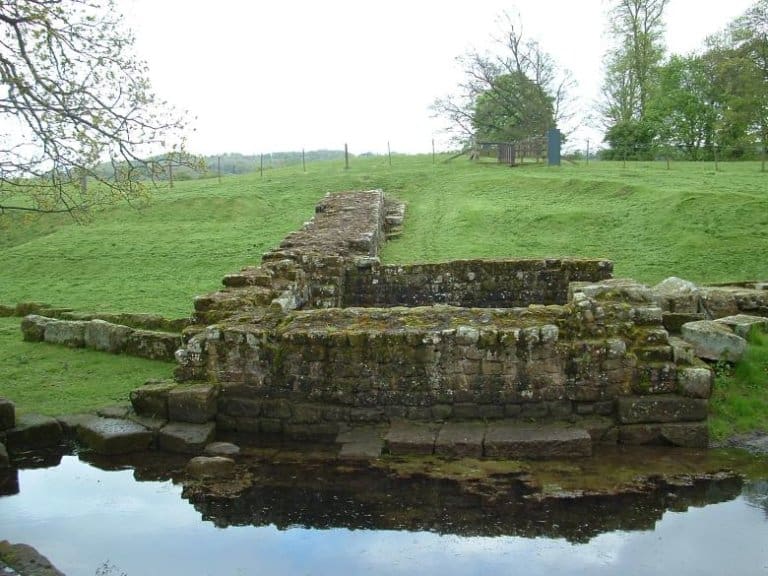
Hadrian's Wall Bridge Abutment at Chesters Fort
It is now identified with the fort found at Chesters near the village of Walwick, Northumberland, England. It was built in 123 AD, just after the wall's completion. The site guarded a bridge, Chesters Bridge, carrying the Military Way Roman road behind the wall across the River North Tyne. Massive abutments survive of this bridge across the.

Fort Chester, Roman fort, England bath ruins Roman britain, Hadrians wall, Northern europe
Advance Booking. Book your day ticket to Chesters Roman Fort and Museum - Hadrian's Wall online in advance and save at least 10%. You can book tickets online until 8.45am on the day you want to visit for the price below. You can still buy your ticket when you arrive, but you won't get the discount. After booking your day ticket, you can.

Chesters Roman Fort from the Sky Photo copyright English Heritage Roman britain, Hadrians wall
Chesters Roman Fort & Museum Chesters Roman Fort is the most complete Roman cavalry fort in Britain. Open weekends only 10am - 4pm With Gift-Aid, From: Adult: £9.50, Child (5-17 years): £5.50, Concession: £8.50, Family (2 adults, up to 3 children): £24.50 OR Family (1 adult, up to 3 children) £15.00. Guide Dogs; Wheelchair Accessible
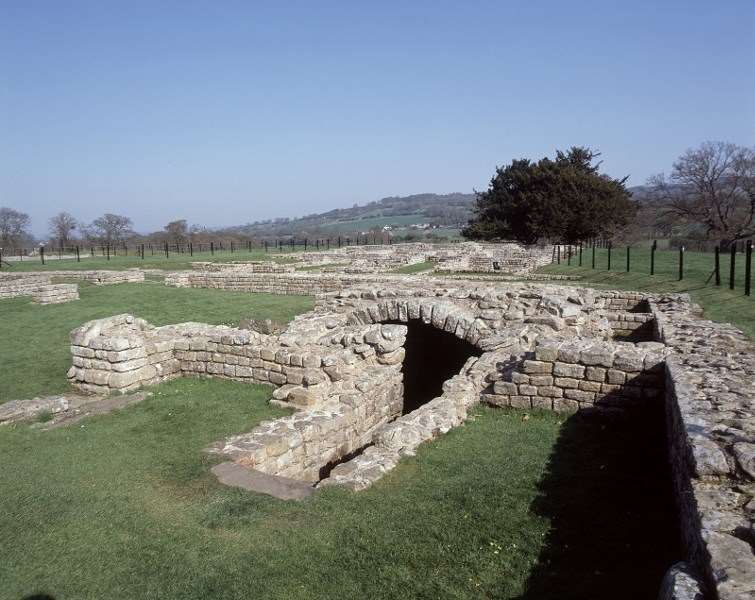
Chesters Roman Fort and Museum Hadrian's Wall English Heritage
Roman Cavalry Fort. Take a stroll through history around the fort and grounds that straddle Hadrian's Wall.Chesters housed a garrison of 500 cavalry troops here for about 300 years. Today you can still see all four principal gates of the fort, the headquarters building and courtyard, hall and regimental shrine.
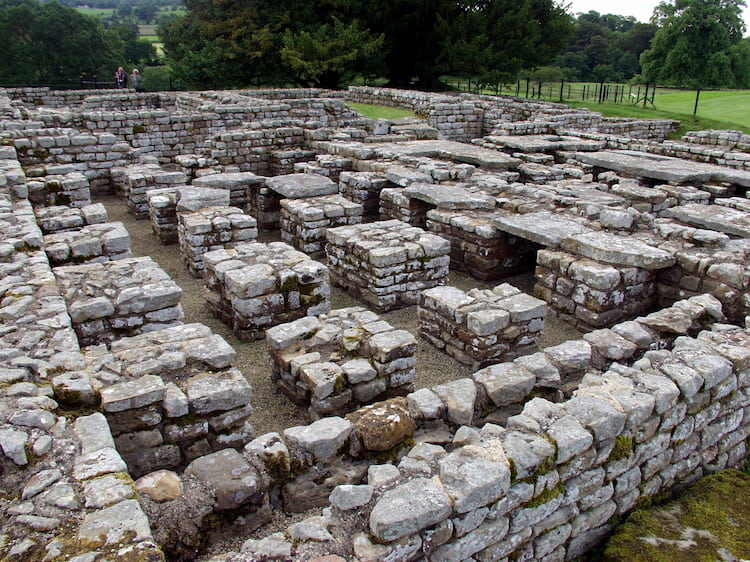
Chesters Roman Fort History and Facts History Hit
Chesters Roman Fort was built around 124 AD as a cavalry fort, and housed some 500 soldiers until the Romans left Britain in the 5th century. The first unit of troops were garrisoned at the fort to guard a bridge across the River Tyne, with an inscription naming them ala Augusta ob virtutem appellata , translated as 'the cavalry regiment styled Augusta for its valour'.

Roman fort at Chester, England. The wall still survives. in 2020 Roman britain, Hadrians wall
Chesters Roman Fort is the most complete Roman cavalry fort in Britain - wander around the unusually well-preserved baths and steam room, and the officers' quarters. You don't need to book your ticket in advance, but you will always get the best price and guaranteed entry by booking online ahead of your visit.

Fort Chester, Roman fort England Hadrians wall, Roman britain, Beautiful places
ROMAN CHESTER First roman contacts and the establishment of the fortress. The precise date of the first occupation of Chester by the Roman army remains uncertain, but the potential uses to which the site could be put - a fine harbour at the highest navigable point on the Dee, a river crossing, and a defendable position - were doubtless well appreciated by Rome from an early date, perhaps even.
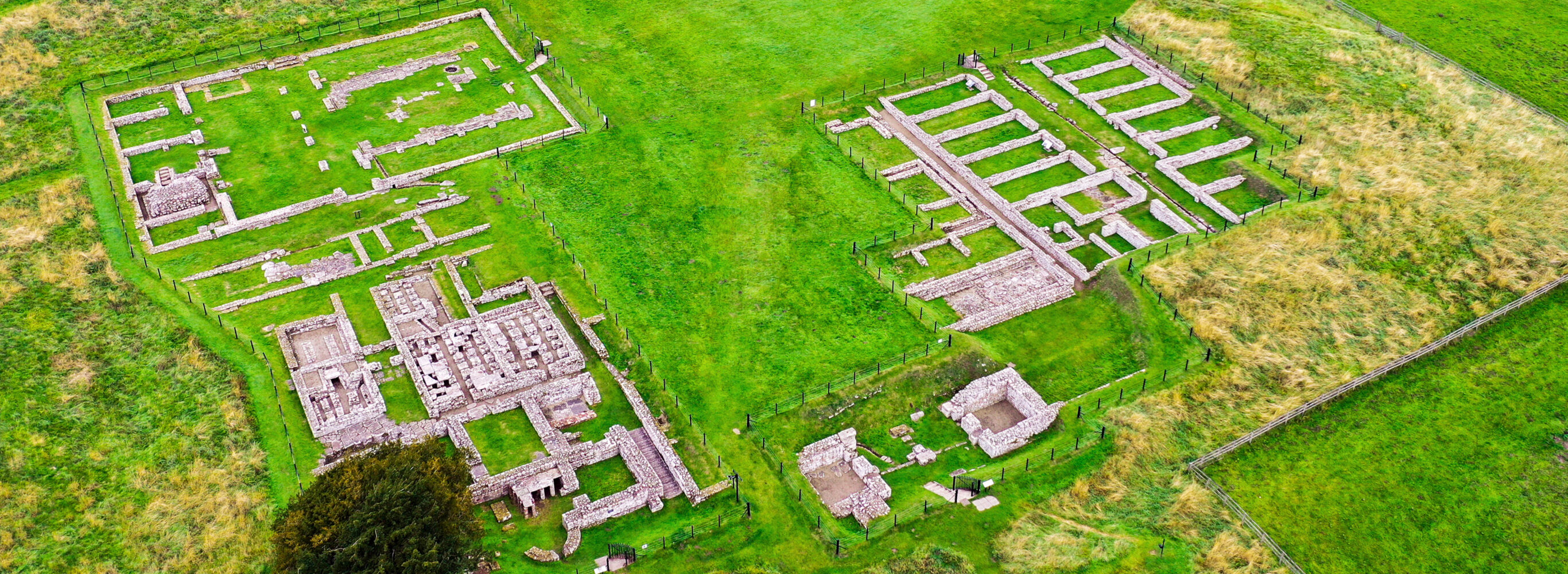
Chesters Roman Fort & Museum Hadrian's Wall Country
Chesters Roman Fort & Museum. This Roman cavalry fort's superbly preserved remains are set among idyllic green woods and meadows near the village of Chollerford. Originally constructed to house up to 500 troops from Asturias in northern Spain, they include part of a bridge (best appreciated from the eastern bank), four gatehouses, a bathhouse.